
Article
Once considered a boon to democracy, social media have started to look like its nemesis
An economy based on attention is easily gamed
The Economist,
2017
Read or listen offline
áudio gerado automaticamente
1×
áudio gerado automaticamente
Recommendation
Social media helped nurture pro-democracy protests in Iran, Egypt and Ukraine and have served as a vehicle for public discourse and participation around the world. However, the use of platforms like Facebook to spread fake news and target vulnerable groups with extremist political messages has given social media a more sinister cast in recent years. This in-depth article in The Economist argues that social media increasingly undermine democratic ideals and process, and discusses possible options for regulations to safeguard democracy.
Take-Aways
About the Author
The Economist is a British weekly news magazine published in London, UK.
By the same author
Article
Learners who read this summary also read
Book
Book
Article
Article








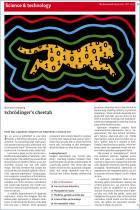
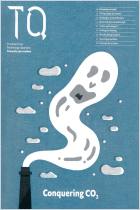
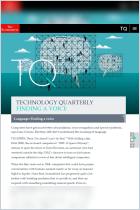
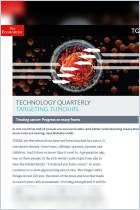
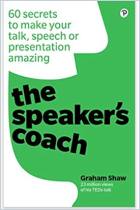
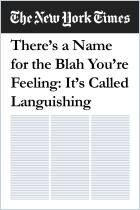
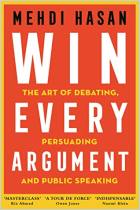

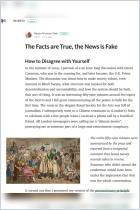
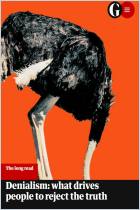

Comment on this summary or Iniciar a Discussão